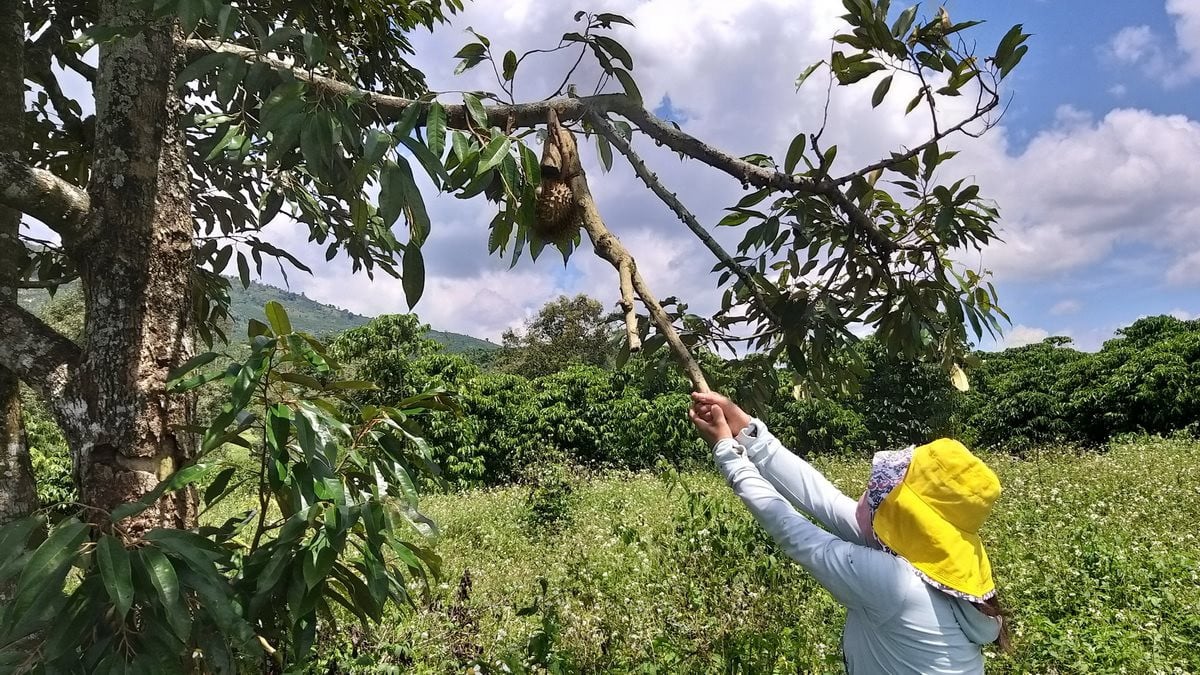
...“Necessity is the mother of invention”
Looking at the rows of green dragon fruit, the road into the district bustling with people and vehicles carrying durians in season, I couldn't help but be excited to find households that have successfully converted to new crops. Meeting Mr. Dieu Hon (Thanh Son commune, Tan Phu district, Dong Nai ) in the garden of durians laden with fruit, Mr. Hon's face was haggard, still sad when talking about cashew trees. A few years ago, not only Mr. Dieu Hon, but many farmers in Thanh Son, Tan Phu had to cut down cashew trees due to unstable selling prices and erratic weather, causing this crop to continuously fall in price and fail, causing cashew growers to often face the situation of ending the season empty-handed.
Mr. Dieu Hon explained: “It is not that I do not work hard, but partly because cashew trees are sensitive to the weather. In recent years, climate change has caused the weather to no longer follow the law, affecting the yield of cashew trees, causing the fruits of my labor to be crop failures. Therefore, my income and that of cashew growers is also low compared to those growing other agricultural products. Not only cashew trees, pepper trees, which are among the top in terms of profit, are also losing their competitive advantage over other crops due to crop failures caused by erratic weather fluctuations.”
Previously, Mr. Dieu Hon's family grew more than 5 sao of pepper. At that time, one hectare of pepper brought in a billion dong, after deducting expenses, farmers "pocketed" several hundred million dong. With a pepper garden of more than 5 sao, each year his family also earned more than a hundred million dong, enough to cover their living expenses and send their children to school. However, in recent years, erratic weather has caused pepper productivity to drop sharply. Along with that, pepper prices have also continuously decreased, causing his family to fall into a loss. Like many other pepper growers, Mr. Dieu Hon cut down his pepper garden because he could not survive.
Then Mr. Dieu Hon learned the technique of growing durian. With education, he learned how to apply science and technology to planting and caring for the durian garden, so the durian garden grew well. The rainy and dry seasons passed, and now the durian garden has yielded its first harvest. Thanks to the stable price of durian, Mr. Dieu Hon's family income is also stable, and life is less difficult and poor.
Like Mr. Dieu Hon's family, Mr. Nguyen Quang Minh's family (Phu Son commune) has 2 hectares of durian trees over 4 years old. Thanks to careful investment in care and effective application of technical measures during the processing stage when durian flowers, especially during the pollination process, Mr. Minh's durian garden has a fairly high yield. On average, each tree yields from 80 - 100 kg. After deducting investment costs, his family has a significant source of income, helping his family increase their income compared to before.
Mr. Minh said: “In the place where the durian garden is bringing economic benefits to my family, there used to be a cashew garden, but the weather did not favor the cashew trees so the yield was not high. Then I switched to growing mangoes for 3-4 years, then the mango garden gave harvest, but the price of mangoes was unstable, constantly changing, at times down to 2,000-3,000 VND/kg, not worth the effort of taking care of the trees, not only did the price drop but the mango crop also failed due to the weather. So, I had to give up the mango tree and switch to growing durians.”
“It’s not that I’m not persistent, nor that I’m looking at the greener pastures. But the reality of poverty has been so persistent that I can’t sit still. Breaking down the old and starting a new one, such as switching crops, requires careful planning, investment of effort and money. Fortunately, the local government is always there to support farmers starting a business, so I’ve been able to steadily overcome the difficult transition period,” said Minh.
So, those who abandoned their mango and cashew gardens were fortunate to have a policy support to start their business again. It was not only money, but also encouragement and mental balance from village and commune officials when they were wavering between hesitation and doubt.
“It has been 6 years since I learned about care techniques and applied them to my durian garden. The initial cost of care for durian trees is quite high compared to other trees. But when harvesting, a durian tree yields about 100 kg of fruit per tree. After deducting expenses, each tree brings in a profit of nearly 4 million VND, which proves that my conversion of the purpose of growing the tree is correct,” Minh shared.
Not only Mr. Dieu Hon and Mr. Minh, but many farmers in Dong Nai have also boldly applied science and technology in agricultural production, as well as selected crops suitable for soil and weather, so they have escaped poverty and become rich.
Among them is the family of Mrs. Sau A Tah (Xuan Hung commune, Xuan Loc district), a purely agricultural family, Mrs. Sau A Tah's family's economy mainly depends on slash-and-burn farming. Despite working hard, poverty and hunger still haunt her family. After much thought and concern, Mrs. Sau A Tah decided to do something to change her family's life and she has succeeded with the dragon fruit growing model to bring in economic income.
Some people still compare Mrs. Sau A Tah’s case to “catching a thief with bare hands.” However, every time someone says that, she seems very dissatisfied. Mrs. Sau A Tah said: “If there were no Social Policy to provide support loans, and if there were no relatives and people in the commune to join hands and contribute, I would not have been able to do it alone.”
That's right, to get the initial capital, Mrs. Sau A Tah boldly borrowed capital from the Social Policy Bank, and at the same time mobilized capital from her family and neighbors in the commune to invest in planting 7 hectares of dragon fruit. Thanks to choosing new, high-yield varieties, and being guided by agricultural officials to apply advanced science in cultivation, her family's dragon fruit garden now has a stable income, harvesting 30-40 tons/ha each year, excluding expenses, she earns about 300-400 million VND/ha.
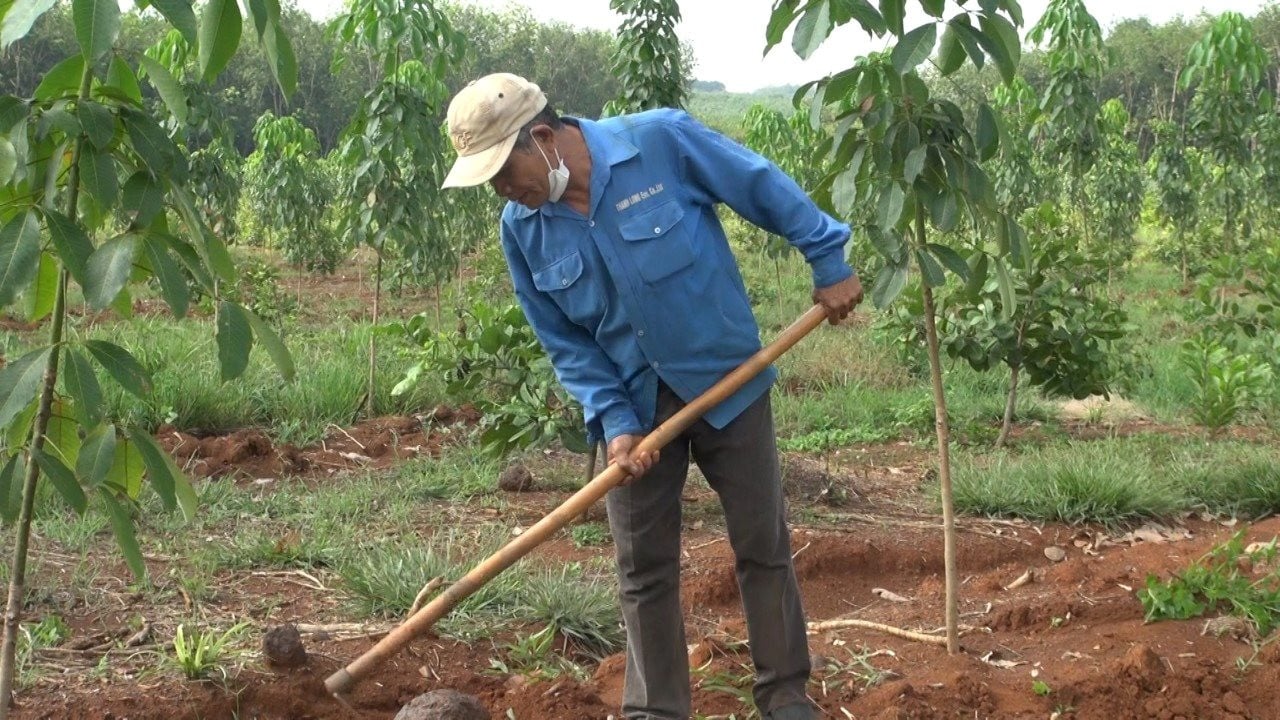
Technology accompanies enrichment
Escaping poverty is not enough, many people currently living in Tan Phu district have also become rich by converting crops, starting with the purpose of making the plants suitable for the weather and resistant to the impact of climate change. Such as the case of Mr. Nguyen Van Thieu (Hamlet 4, Phu An commune, Tan Phu district). When asking about Mr. Thieu in Phu An, everyone knows him as "Durian Thieu" because he has a fairly prosperous life thanks to durian trees. 10 hectares of durian with yellow flesh and small seeds, completely cultivated according to VietGAP standards, is a remarkable asset of his family in this difficult land due to the climate.
Therefore, following the people's instructions, we easily found Mr. Thieu's durian garden. The durian tree is now entering the fruit-caring stage, the durian fruits are like hedgehogs, hanging on the tree. Because of his many years of experience growing durian along with farming according to VietGAP standards, his durian garden produces each fruit, in neat rows and, as described by his neighbors, "so sweet and fatty that you forget your sorrows". This season, Mr. Thieu's durian yield is estimated to reach nearly 20 tons/ha.
Sharing about the effectiveness of applying technology in production, as well as the economic efficiency of durian trees, Mr. Thieu said: “I have been growing durian since 2000, at first only converting a few hectares of sugarcane growing area to grow durian. After many years of experience, I saw that this tree has high economic value, so I gradually switched to growing durian. In recent years, the price of durian has been much higher than that of other fruit trees. There were years when durian was purchased by traders at 55,000-60,000 VND/kg, the lowest price was 35,000 VND/kg”.
When we asked, “Is there ever a time when the price drops when the harvest is good?”, the farm owner honestly said, “It’s not unusual for prices to drop when the harvest is good. The most important thing is that even at the lowest price, durian growers still make a profit. This year, durian fruit is very good, and even though the price of fertilizer this year is higher than previous years, durian growers are still doing well. I see that in Phu An, there is no other tree with higher economic value than durian.”
In fact, durian trees have high economic value, not only because the market price of durian is higher than other agricultural products, but also because durian trees can withstand the sun, wind, and erratic weather here, even the more extreme ones, which are said to be caused by climate change, the durian trees still live well, producing flowers and fruit.
But that is only a part, the important part is that local farmers have known how to "train" their crops to live with climate change. In a discussion, a representative of the Department of Agriculture and Rural Development of Dong Nai province said that in reality, agricultural production, more and more farmers are interested in solutions to adapt to climate change. The most important solution now is to plan agricultural production areas and change the crop structure accordingly, such as: increasing the proportion of short-term varieties; using restored native varieties; using native varieties as rootstocks, hybrid varieties that are resistant to pests and diseases, and resistant to adverse conditions; applying biotechnology to improve quality, selecting and creating varieties that meet requirements.
Furthermore, it is also necessary to synchronously implement solutions on irrigation water use, fertilizers, crop rotation, intercropping, soil cover, flow restriction, pest management and high technology application. To do this, departments, branches and localities must accompany the people, actively propagate, raise awareness and responsibility for protecting the rural environment, using resources economically; replicate typical examples of Farmers' Associations at all levels participating in environmental protection, adapting to climate change...
It is known that in recent years, many localities in Dong Nai province have boldly converted crops, applied technology to production to improve productivity, quality and efficiency. The conversion principle must be flexible, reasonable, widely applied scientific and technical advances in production, so productivity and the trend of shifting from low-economic-efficiency crops to high-economic-efficiency crops. That is also the reason why some perennial industrial crops such as cashew, pepper, rubber, coffee, etc. have reduced in area to give land to grow fruit trees with higher economic value.
Now, the rural areas of Dong Nai have changed, new faces have gradually appeared. It is the sum of the story of understanding the weather, understanding the soil, understanding the plants, and mastering climate change. It is also the sum of changing old thinking, changing the purpose of crops and applying green agriculture and sustainable agriculture on the basis of strong application of science and technology to innovate, increase labor productivity, develop harmoniously between the economy and society, protect the environment, and adapt to climate change. When there are still farmers who believe in their own strength, poverty caused by climate change will just be a story of the past.
Source



![[Photo] Worshiping the Tuyet Son statue - a nearly 400-year-old treasure at Keo Pagoda](/_next/image?url=https%3A%2F%2Fvphoto.vietnam.vn%2Fthumb%2F1200x675%2Fvietnam%2Fresource%2FIMAGE%2F2025%2F12%2F02%2F1764679323086_ndo_br_tempimageomw0hi-4884-jpg.webp&w=3840&q=75)



![[Photo] National Assembly Chairman Tran Thanh Man receives First Vice Chairman of the Federation Council of the Federal Assembly of the Russian Federation](/_next/image?url=https%3A%2F%2Fvphoto.vietnam.vn%2Fthumb%2F1200x675%2Fvietnam%2Fresource%2FIMAGE%2F2025%2F12%2F02%2F1764648408509_ndo_br_bnd-8452-jpg.webp&w=3840&q=75)
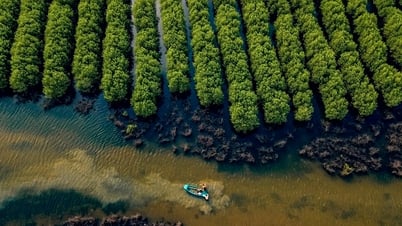
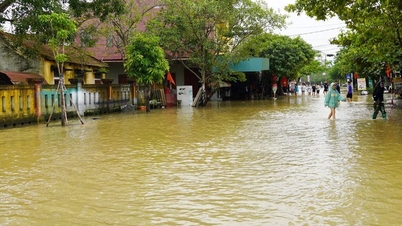

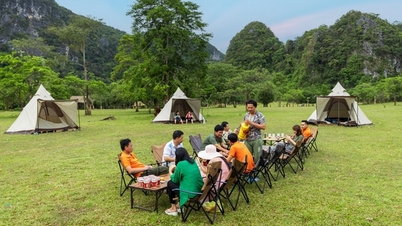



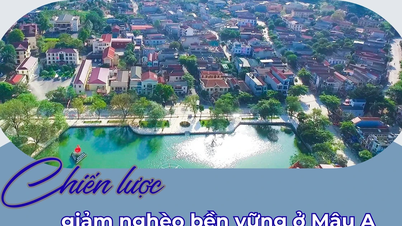

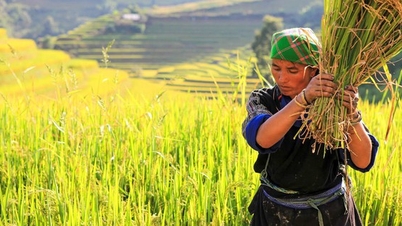
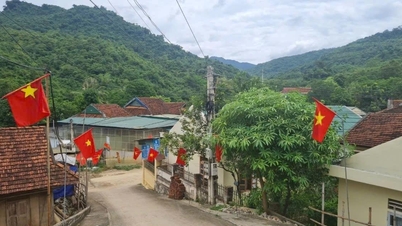

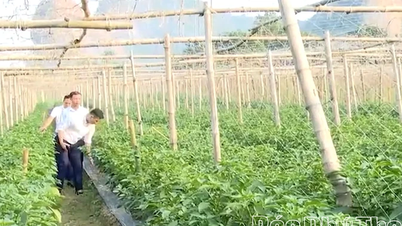





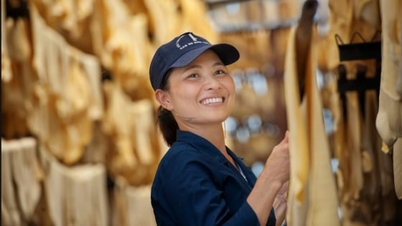


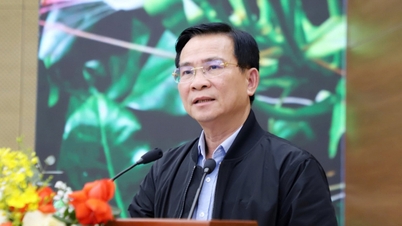
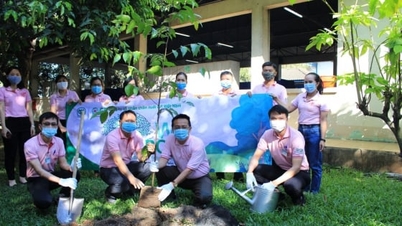
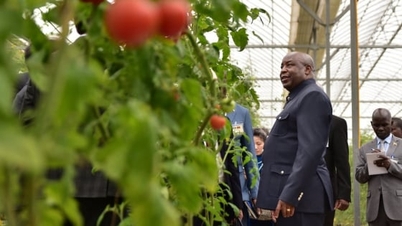
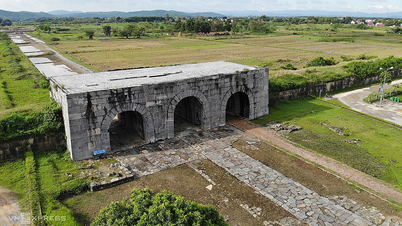










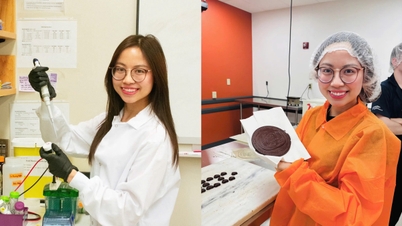


























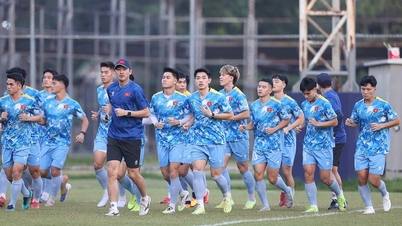



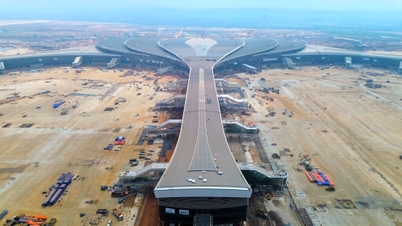



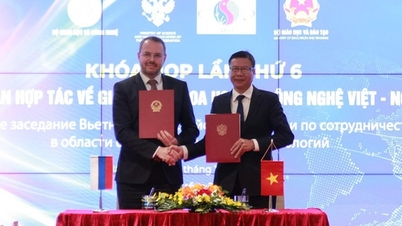
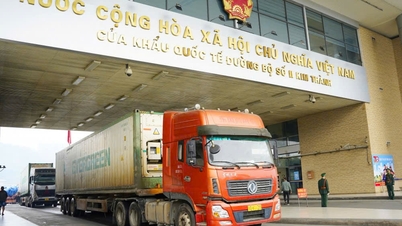



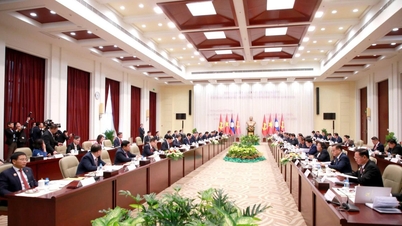

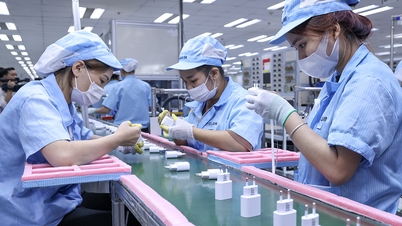
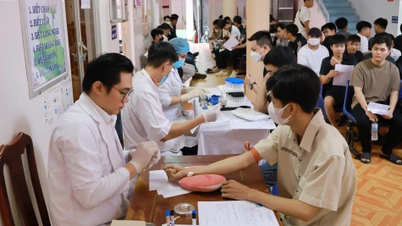




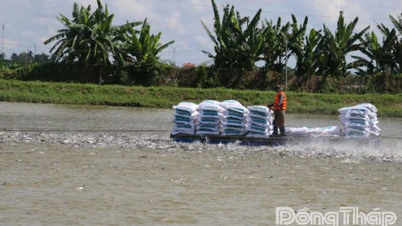
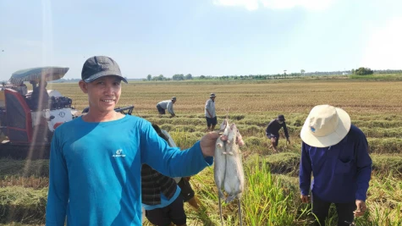
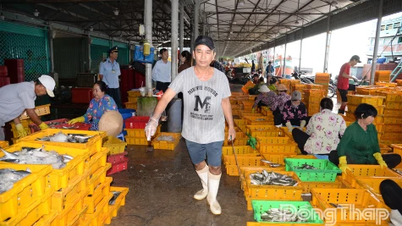












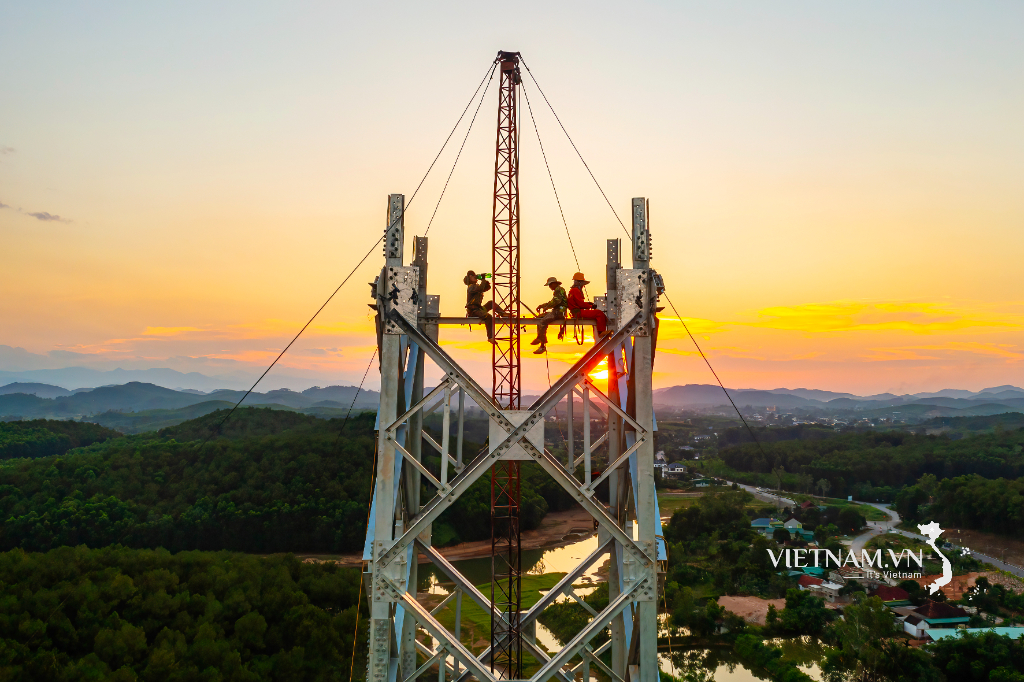
Comment (0)